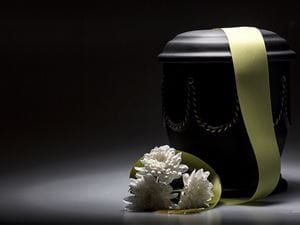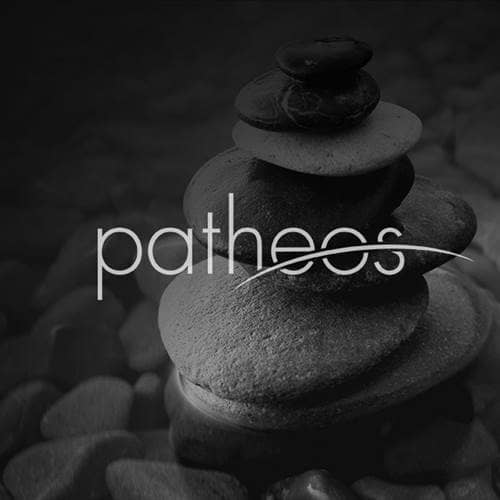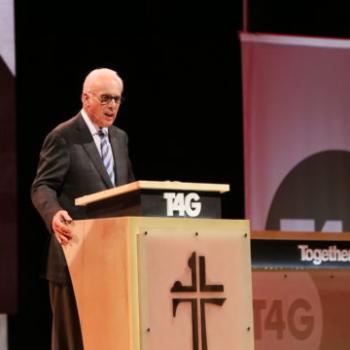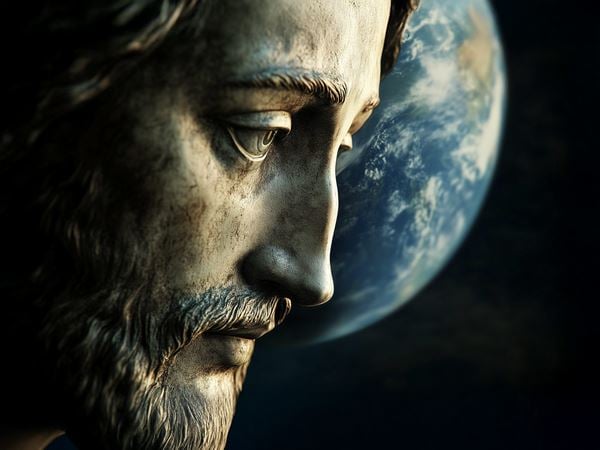
Cremation is the process of using fire to render a human corpse into basic elements and ash. In this practice, a complete body is placed in a cremator and burned at a high temperature.
Cremations originally used stacks of logs and other flammable materials to create a pyre on which the dead person was laid. This was sometimes built above ground, and other times it was built within a cremation “pit.” Additional materials may or may not have been added on top of the corpse to assist in burning it, depending on the family and culture. In the modern era, the body is laid in a casket made of cardboard, wood, or a similar highly flammable material. The casket is then laid in a masonry lined chamber and burned at a temperature of nearly 2,000 degrees Fahrenheit. The large bones that do not disintegrate in the flames are then placed in a compressor that turns them into a fine powder. These final remains are then placed in an urn and returned to the family.
Many Christians are uncertain about cremation due to long-standing traditions that favored whole-body burial. Ancient Jewish practices of burial extended into Christian communities. Burning the dead was considered the practice of pagan religions and disrespectful of the body. Most Christian leaders today, however, agree that cremation is an acceptable option for laying the dead to rest.
Christians differ on what should be done with the ashes of someone who has been cremated. Some believe that the ashes themselves need to be buried, while others store them in a sacred place. Still others scatter ashes in nature. Among denominations that allow for scattering the ashes, there is disagreement over what constitutes a suitable place to spread the ashes. Certain denominations find it acceptable to scatter a loved one’s ashes at any spot that was important to them in life regardless of whether that place is a sacred cemetery or at their favorite amusement park. Others claim that ashes should be spread at a place that has some spiritual significance to the person, though that place could be at a church or a forest clearing where the person could feel God’s presence. Yet other groups argue that the ashes should be scattered on holy ground. Cremation, then, is largely acceptable in Christianity, though denominations differ on the details.
Until very recently, a person had little choice about how they were laid to rest. If they lived in a culture that practiced cremation, they were cremated. If their people favored burials, they would be placed in a grave. Now, however, people choose what they specifically wish to have happen to their remains, and an increasing number of people, including Christians, are choosing cremation. Part of this is due to practical concerns; cremation is usually far cheaper than the expenses of a burial plot, coffin, and cemetery fees. Other people, however, favor cremation because their ashes can be scattered at the place where they felt closest to God during their life.
When God resurrects his faithful, he will be resurrecting many people whose bodies were destroyed in tragic accidents or burned during martyrdom. Bodies that have turned to dust in the intervening centuries will also be raised. It would be no different for him to rebuild a Christian who was cremated.
Read more about the Christian understanding of the afterlife here.
1/17/2023 7:25:18 PM







